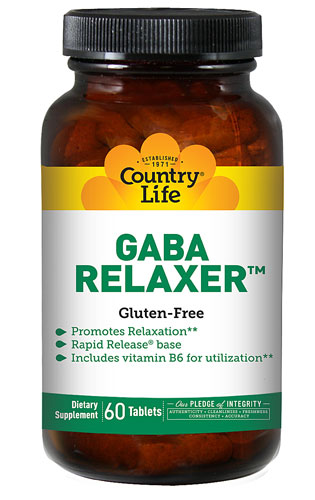Young or old, rich or poor, red or blue, Americans can agree on one thing: 2020 has been a
very stressful year.
We all hope for better things in 2021. But if anxieties related to the
coronavirus pandemic linger – or if other tensions have seized control of your life – you are in danger of developing chronic stress. And that can put your health at great risk.

“Our mind affects our body and our body affects our mind. We have to take care of both,” says
Jeff Jernigan, a Los Angeles-based board-certified mental health professional and fellow with the American Institute of Stress.
What is chronic stress?
We all experience episodes of relatively mild, short-lived
stress. Perhaps we worry about a job interview, or fret over a colicky baby.
Chronic stress is more significant. In some cases, it results from a major traumatic event or a cluster of such episodes.
The death of a family member or friend is an example of this type of stress, which “is produced quickly and subsides over time,” Jernigan says.
On the other hand, you may experience lower levels of stress that persist over a long period.
“Living with COVID-19 and all its direct and indirect impacts without relief is an example,” Jernigan says.
Although this type of stress is more subtle than what you would experience after a major traumatic event, “over time, (it) can produce the same results,” Jernigan says.
Your chronic stress can even spill over into the lives of loved ones. Jernigan says “vicarious trauma” occurs in those who experience how others react to stress.
“Children observing parents handle stress poorly is an example of vicarious trauma,” Jernigan says.
Chronic stress symptoms
As chronic stress lingers and builds, it can overwhelm us. We may struggle to adapt to changing circumstances in our lives.
“If this continues, our perspective or mindset becomes increasingly pessimistic, and our effect becomes consistently discouraged or depressed,” Jernigan says.
A downward spiral can ensue, with symptoms such as negative changes in thinking and reasoning. Your memory may falter, and you may struggle to regulate emotions.
“We may find ourselves with little motivation or energy to even help ourselves,” Jernigan says.
People with chronic stress also may exhibit some tell-tale behaviors, such as:
- Pulling away from loved ones
- Reducing exercise and activity
- Eating more junk food
- Drinking or smoking too much
- Struggling to sleep
Eventually, the impact of chronic stress can reach a crisis point, pushing you to physiological and psychological breakdown, and thoughts of suicide.
“This person may appear to be losing hope for a better future,” Jernigan says.
Chronic stress also can take make us more vulnerable to disease, as stress triggers the body’s “flight/freeze/fight” reactions. The result is production of the hormone epinephrine in the body, which is metabolized into another hormone,
cortisol.
“Too much cortisol erodes our immune system, resulting in adverse medical conditions,” Jernigan says.
Fighting back against chronic stress
Jernigan notes that stress and trauma are stored in two parts of the brain: the intellectual, data-driven, reasoning left side of the brain, and the emotional, feeling, experiential right side of the brain.
“Shedding stress requires both intellectual and emotional processing,” he says. “One without the other will be ineffective.”
A key sign that chronic stress is wearing a person down is a fundamental change in attitude. “Look for changes in normal behavior toward pessimism and away from
optimism,” Jernigan says.
The key to reversing the devastating impact of chronic stress is to engage in behaviors that encourage the best in you. That includes good nutrition, regular exercise and getting enough sleep. Finding meaning and purpose in work also can help.
One of the most important
ways to reduce stress is to stay in touch with meaningful relationships.
“A meaningful relationship is someone you can trust with yourself,” Jernigan says. “They listen well, don’t judge you, accept you, and will provide honest feedback with kindness and not criticism.”
In many cases, treating chronic stress requires professional help. If you are locked in a cycle of stress, Jernigan urges you not to “self-medicate.”
“Get in touch with a professional who is trained in the treatment of stress, stress fatigue and stress disorders,” he says.
 “Our mind affects our body and our body affects our mind. We have to take care of both,” says Jeff Jernigan, a Los Angeles-based board-certified mental health professional and fellow with the American Institute of Stress.
“Our mind affects our body and our body affects our mind. We have to take care of both,” says Jeff Jernigan, a Los Angeles-based board-certified mental health professional and fellow with the American Institute of Stress.



